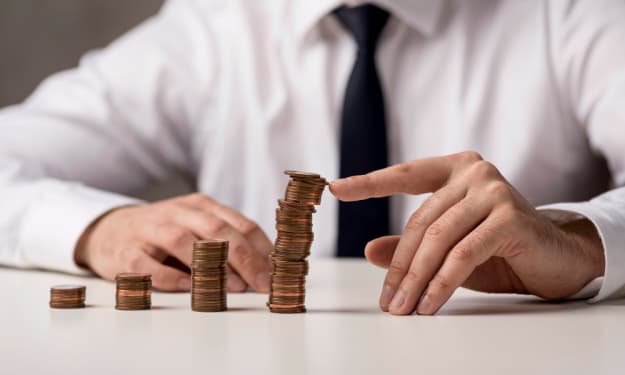Women and period
All you need to know about women menstrual cycle!

Women's period, also known as menstruation, is a natural bodily process that has been a part of human existence since the beginning of civilization. Despite being a biological phenomenon, it has been shrouded in myths, misconceptions, and cultural taboos, often leading to social stigmatization and limited access to necessary resources for women. In recent years, there has been a growing movement to destigmatize and empower women regarding their periods. This article aims to provide political and informative insights into the topic of women's periods, highlighting its significance, challenges faced by women, and the progress made in advancing menstrual equity.
Biological Significance of Menstruation:
Menstruation is a normal part of the menstrual cycle, which typically lasts around 28 days. It is a process in which the lining of the uterus sheds through the vagina, accompanied by hormonal changes. Menstruation is an essential reproductive function that prepares a woman's body for pregnancy. Its occurrence indicates a healthy reproductive system and is a crucial aspect of women's overall health.
Cultural and Social Perspectives:
Throughout history, menstruation has been surrounded by cultural beliefs and societal taboos, leading to stigma, shame, and discrimination against women. Many societies have viewed menstruation as impure or unclean, resulting in exclusion from religious activities, social gatherings, and even educational opportunities. These practices reinforce harmful gender stereotypes and perpetuate gender inequality.
Menstrual Health and Hygiene:
Access to menstrual health products, clean water, and sanitation facilities is crucial for women's well-being and dignity. Unfortunately, in many parts of the world, women face significant challenges in obtaining these basic necessities. Limited access to menstrual hygiene products can lead to unhygienic practices, health issues, and absenteeism from school or work. Lack of proper sanitation facilities further exacerbates the problem, hindering women's participation in various aspects of life.
Menstrual Equity and Political Movements:
In recent years, there has been a global movement to address the challenges faced by women in relation to menstruation. Advocacy groups, NGOs, and individuals have been working towards achieving menstrual equity, which includes equal access to affordable and hygienic menstrual products, improved sanitation facilities, and comprehensive menstrual health education. These efforts aim to empower women, challenge societal norms, and break the silence surrounding menstruation.
Legislative and Policy Measures:
Several countries have taken legislative and policy measures to promote menstrual equity. For example, some have implemented tax exemptions on menstrual products, ensuring their affordability. Others have introduced policies to provide free or subsidized menstrual products in schools, workplaces, and public facilities. Such initiatives acknowledge the significance of menstrual health and work towards removing barriers faced by women.
Education and Awareness:
Comprehensive menstrual health education is crucial to dispel myths, reduce stigma, and empower women. By integrating menstrual health into school curricula, providing accurate information, and fostering open discussions, we can create an environment where women and girls feel confident and knowledgeable about their bodies. Additionally, promoting awareness campaigns and engaging in community conversations contribute to breaking down barriers associated with menstruation.
Conclusion:
Women's period is a natural process that holds immense biological significance. However, the societal, cultural, and political aspects surrounding menstruation have created challenges for women, often resulting in stigma, discrimination, and limited access to resources. Progress has been made in advancing menstrual equity through legislative measures, policy changes, and educational initiatives. By continuing to challenge taboos, promoting awareness, and advocating for equal access to menstrual health resources, we can create a more inclusive and empowered society for women worldwide.
Like what you read? Send me a gift below to support my journey!
About the Creator
Lisette Leopard
I love writing and singing. I have written strories since i was a little girl
Enjoyed the story? Support the Creator.
Subscribe for free to receive all their stories in your feed. You could also pledge your support or give them a one-off tip, letting them know you appreciate their work.





Comments
There are no comments for this story
Be the first to respond and start the conversation.